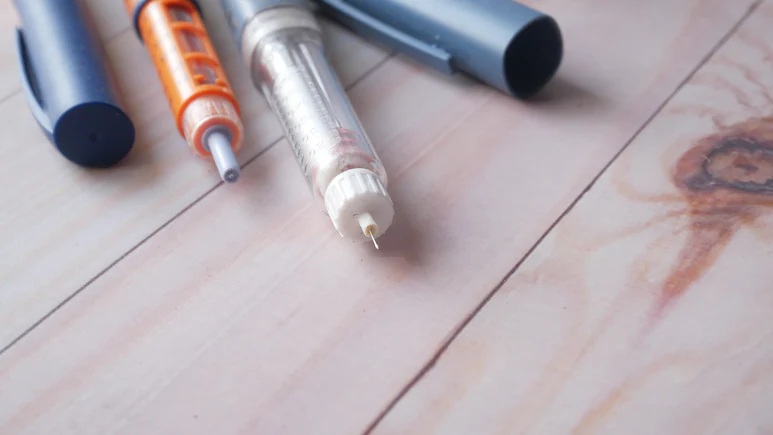Men utilizing Ozempic, a widely recognized weight-loss injection, are reporting a surprising and unexpected side effect. Numerous users claim a perceived increase in penis size since beginning the medication.
These anecdotal accounts have emerged across online forums and social media platforms. Dozens of men attribute enhanced confidence and physical changes to the drug. While this phenomenon has yet to undergo formal scientific study, it is generating considerable buzz as a surprising potential perk of the weight-loss treatment.
User Experiences and Speculations
Online communities are actively discussing these intriguing claims, offering personal accounts and theories.
Anecdotal Accounts of Size Increase
One Reddit user shared their experience, stating, “I recently measured myself down there and noticed I gained about one inch.” They clarified that this was unlikely solely due to fat loss, as they were thinner when they took their initial measurement four years prior. Another Redditor corroborated this, reporting, “Yes. I gained 1.5 inches in length.
No joke.” This user, who had been on Tirzepatide (a similar class of drug) for about seven months, also emphasized that the change was “definitely not all from weight loss.” These accounts highlight a perceived direct correlation to the medication rather than solely weight reduction.
Theories Behind the Perceived Change
Some men have attributed the apparent increase in size to improved blood flow. They also suggest a reduction in pubic fat, which is a known benefit of significant weight loss. However, a Reddit user presented an alternative explanation. They suggested that the apparent size difference might simply be a result of varying external conditions during measurements.
Factors such as temperature or arousal levels can influence penis size, rather than the drug directly causing enlargement. This viewpoint argues that Ozempic itself does not enlarge the penis. Instead, it suggests that the change could be due to natural fluctuations and measurement inconsistencies.
Other Documented Ozempic Side Effects
Beyond this novel claim, Ozempic has been linked to a range of other side effects, impacting various parts of the body.
“Ozempic Teeth” and Oral Health
Recently, some Ozempic users have reported experiencing “Ozempic teeth.” This phenomenon is characterized by various dental problems. These include dry mouth, bad breath, gum disease, and accelerated tooth decay. Reports suggest that the drug’s appetite-suppressing effect leads to reduced food intake.
This, in turn, decreases salivary gland stimulation. Reduced saliva flow then increases the risk of cavities and gum issues, as saliva plays a crucial role in oral hygiene. Additionally, some users experience nausea or vomiting, which can expose teeth to corrosive stomach acid, further eroding tooth enamel.
Facial and Body Changes: “Ozempic Mouth,” “Face,” and “Butt”
According to the New York Post, a doctor previously issued a warning about “Ozempic mouth.” This condition is marked by pronounced folds at the corners of the mouth, noticeable wrinkles on the lips, and sagging skin along the lip contours and chin area. These changes are typically associated with rapid weight loss.
Other recognized complications include “Ozempic face” and “Ozempic butt.” “Ozempic face” refers to the prematurely aged appearance some patients develop after shedding pounds at a rapid pace. This can result from the sudden loss of fat that previously plumped the skin, leading to a gaunt or sunken look.
On the other hand, “Ozempic butt” describes a saggy rear end, a common complaint among users experiencing significant and swift weight reduction. These side effects, while less surprising than the reported penis size change, highlight the broader bodily impacts of rapid weight loss induced by Ozempic.








